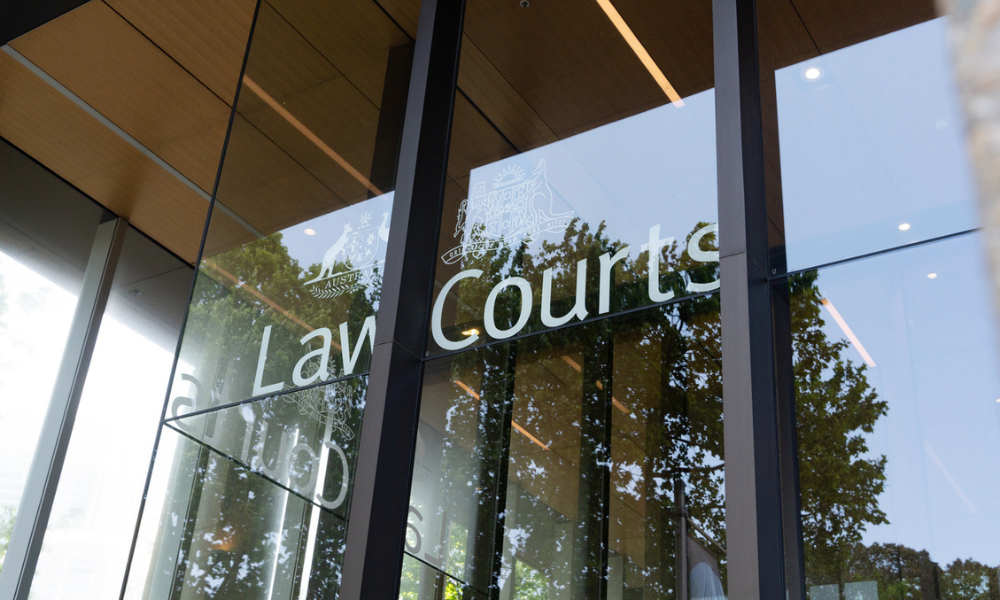
The case involved what was referred to as a 'three-way partnership'

The NSW Supreme Court has resolved a family's long-standing dispute over the ownership and management of a central western NSW property known as Talgong.
The dispute in Fragar v Fragar [2024] NSWSC 193 involved members of the Fragar family, where Linda May Fragar sought the court's intervention against her son, Jeffrey Evan Fragar and his wife, Katherine Margaret Fragar, concerning the future of the family-owned farm.
Talgong had been the family's agricultural base for decades, operated under what was referred to as a "three-way partnership" between Linda, her late husband Barry Douglas Fragar, and their son Jeffrey. Following Barry's death in November 2019, the legal ownership of Talgong saw Linda holding two-thirds and Jeffrey's one-third. The case revolved around properly characterising this property and the parties' intentions and agreements regarding its ownership and use.
The plaintiff, Linda, initiated legal action seeking the appointment of trustees for the sale of Talgong, under s. 66G of the Conveyancing Act 1919 (NSW). In contrast, Jeffrey and Kathy responded with a cross-claim, asserting various rights, including an enforceable agreement from February 2013, which purportedly guaranteed the property's joint tenancy and its ultimate inheritance by Jeffrey.
The court meticulously examined the family's complex history with Talgong, including establishing partnerships, financial contributions, and the intentions behind various transactions and agreements. A critical point of contention was whether Talgong constituted partnership property and the implications thereof for the family's legal and equitable rights.
The court’s judgment concluded that Jeffrey and Kathy were largely entitled to succeed in their claim. It was determined that there indeed was an agreement in February 2013, although not as extensive as alleged by the cross-claimants. The agreement primarily concerned the restoration of Talgong's joint tenancy to ensure Jeffrey would inherit it upon his parents' death.
Furthermore, the court found that Talgong had been partnership property, initially of the three-way partnership and subsequently of the four-way partnership. This finding was pivotal, as it influenced the court's decision regarding the legal and equitable interests in Talgong following the dissolution of the four-way partnership when Barry and Linda retired.
In rejecting Linda's claim under s. 66G, the court acknowledged that she held her legal interest in Talgong on trust for Jeffrey and Kathy, trading as the Fragar Partnership. Ultimately, the court’s decision affirmed the continuation of the farm's operation under the management of Jeffrey and Kathy, ensuring their legal and equitable rights over Talgong were recognised.